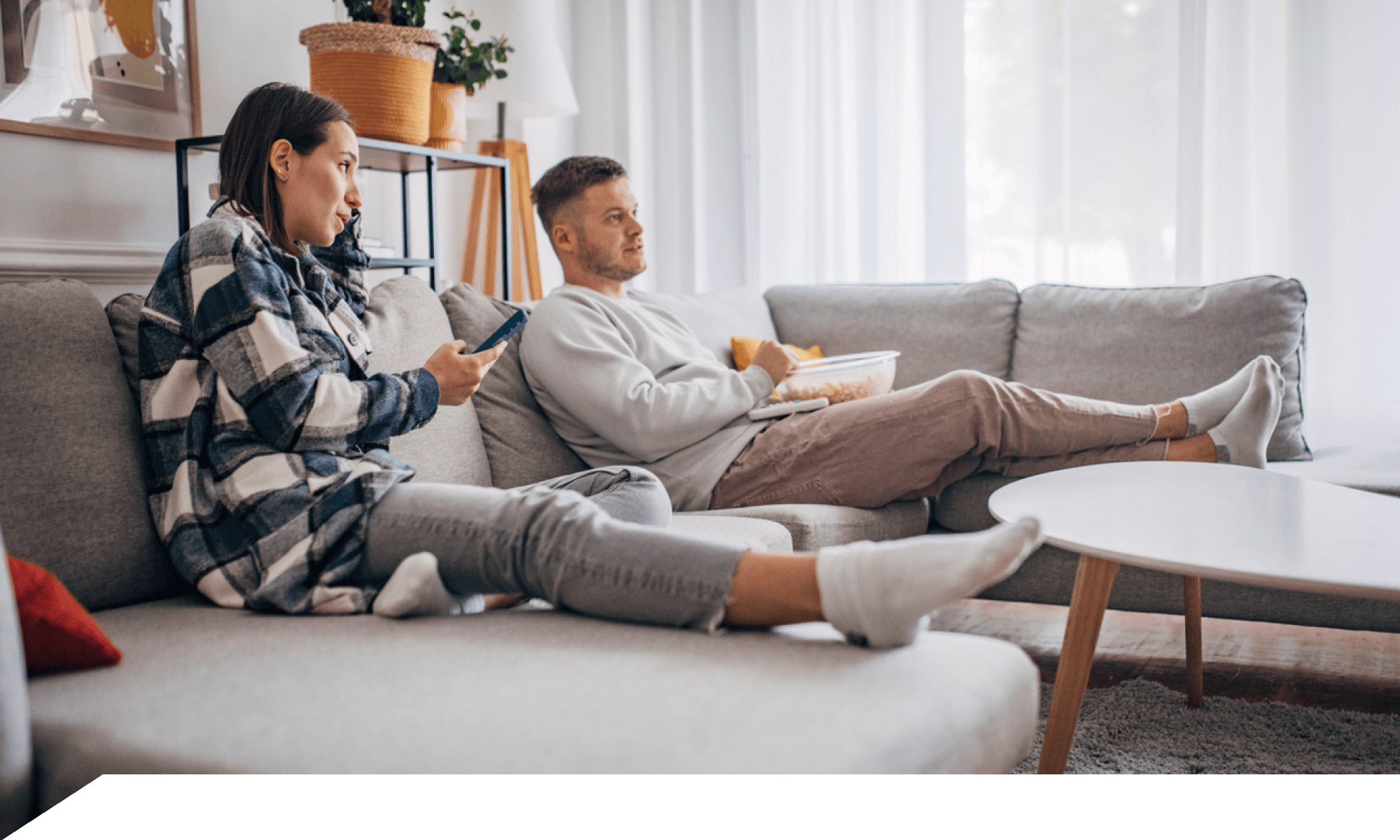“Codependent” is a label that’s often put on couples who spend lots of time together. But similar to other overused pop psych terms, it’s not that simple. In a codependent relationship, being with your partner might feel like more of a need than a want. So we asked psychotherapist Natalie Jones, PsyD, LPCC, who works with clients struggling with relationship issues, about the signs of codependency and how you can learn to be okay on your own.
Featured Expert:

Natalie Jones, PsyD, LPCC - Psychotherapist who works with clients struggling with relationship issues
How do I know if I'm codependent?
Here are some of the common signs, according to Jones:
Your partner is your primary focus. Everything a person does revolves around their relationship, she explains.
You’re too emotionally reliant on your partner. Meaning you might feel uncomfortable or anxious unless you’re physically with your partner.
You don't have an identity of your own. You may not know who you are outside of the relationship because your partner’s interests, hobbies, and friends have become your own.
You feel like you need to please and take care of your partner. Even if that means prioritizing their needs over your own.
You idolize your partner. And probably overlook their flaws. (We’ve all got ‘em.)
So how can I stop being codependent?
If any of those signs feel relevant, Jones says it's best to tackle them in therapy with a licensed professional. Deeply rooted mental health concerns like low self-esteem often fuel codependency, and it’s a habit that can follow you into other relationships if it’s not addressed. In therapy, you’ll explore what events or relationships in your past may be fueling your current behavior.
Outside of therapy, try redirecting some of your energy from your relationship to other aspects of your life. That might look like reconnecting with friends or family or trying out a new hobby. Jones suggests being intentional about your schedule to ensure you spend time away from your partner. “Instead of absorbing all of your energy or time into one person, spread yourself out,” she says.
Ask an Expert is for informational purposes only, does not constitute medical advice, and is not a substitute for professional medical advice, diagnosis, or treatment. Always seek the advice of your physician, mental-health professional, or other qualified health provider with any questions you may have regarding a medical condition. By submitting a question, you are agreeing to let theSkimm use it—in part or in full—and we may edit its answer for length and/or clarity.
Live Smarter
Sign up for the Daily Skimm email newsletter. Delivered to your inbox every morning and prepares you for your day in minutes.
